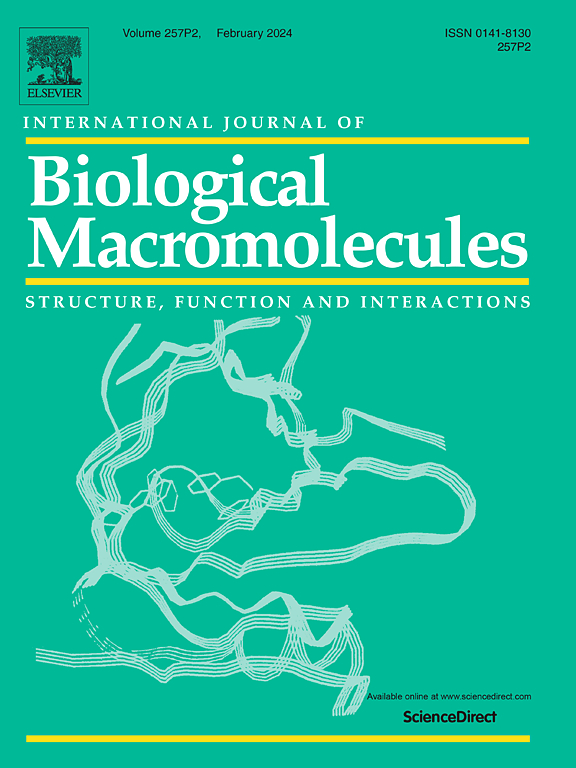Water-insoluble dietary fiber from walnut relieves constipation through Limosilactobacillus reuteri -mediated serotonergic synapse and neuroactive ligand-receptor pathways
Weixing Yang, Xiaoyu Gao, Yang Tian
Abstract
Dietary fiber can alleviate functional constipation (FC) by modulating the gut microbiota. To clarify the prebiotic properties of walnut insoluble dietary fiber (WIDF), we explored its structural characteristics and laxative mechanism. A galacturonic acid and glucose-rich WIDF was isolated from walnuts by using a complex enzymatic method. Animal experiments results showed that WIDF could effectively alleviate the symptoms of loperamide-induced FC in mice, including shortening the defecation time, increasing the wet weight and water content of feces, and promoting intestinal motility. WIDF might alleviate FC through activating serotonergic synapse and inhibiting the delta-opioid receptor/inducible nitric oxide synthase (Oprd/iNOS) pathways. Importantly, WIDF treatment altered the structure and composition of the gut microbiota. Correlation analysis revealed that Bacillus and its dominant ASV17, which is considered to be the key microbe for constipation alleviation, were strongly associated with constipation phenotypes. Based on pure culture and 16S rRNA gene phylogenetic analysis, Limosilactobacillus reuteri (L. reuteri), which is 100?% similar to ASV17, was isolated and identified from the feces of WIDF-treated mice. L. reuteri relieved FC by modulating serotonergic synapse and the Oprd/iNOS pathways. These results suggested that WIDF and L. reuteri treatment is a prospective strategy for the prevention of constipation.





